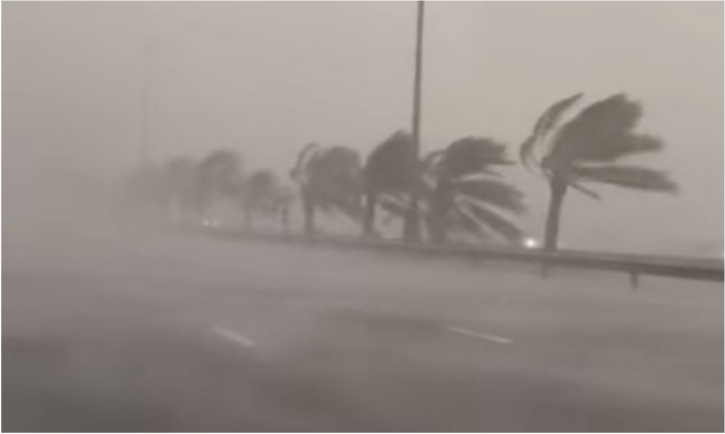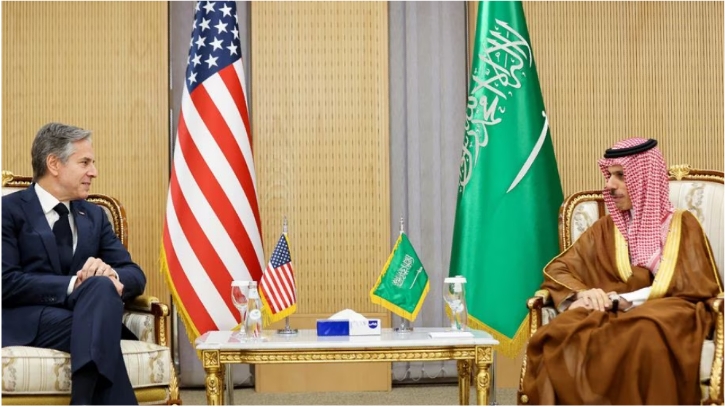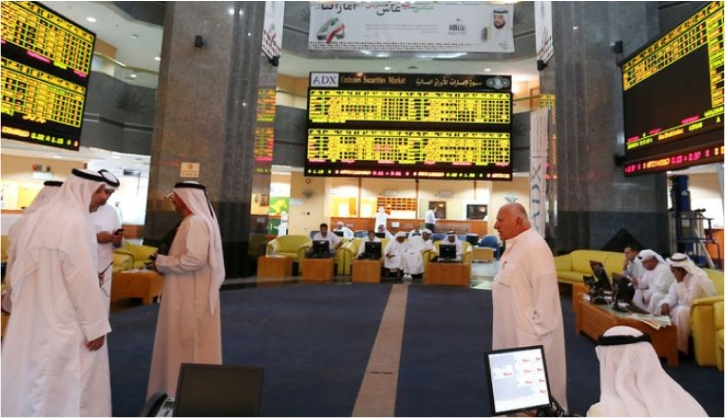
Turkish President Tayyip Erdogan has accused the opposition of inciting disorder and siding with terrorists in a fiery speech ahead of increasingly fractious elections. Erdogan suggested that his opponents were responsible for the confrontations the previous day when crowds threw stones at Istanbul Mayor Ekrem Imamoglu, a member of the main opposition Republican People’s Party (CHP).
Opinion polls suggest Erdogan is facing the biggest electoral challenge of his career in the presidential and parliamentary votes due on May 14. Analysts say he has been ramping up his rhetoric in a bid to shore up his appeal among conservative and nationalist voters. The upcoming elections are taking place against the backdrop of an economic crisis, high inflation, and record-low interest rates, and Erdogan’s AKP party is losing ground in the polls.
During a rally in the western town of Edirne, Erdogan accused the opposition of being “pro-LGBT” and “siding with terrorists”. Interior Minister Suleyman Soylu also accused the opposition of inciting the violence in Erzurum, claiming that Imamoglu’s wife provoked the crowds by making a “V” sign at another rally last week, a gesture that he said referred to the outlawed Kurdistan Workers Party (PKK).
In response, Imamoglu held another rally on Monday, in the central city of Konya, another AKP stronghold, where he said that the agitators would learn their lesson from the nation at the ballot box first, then they would be tried in independent courts for their wrongdoings.
The international community has expressed concern about the situation in Turkey, with calls for the government to respect human rights and democratic principles. The elections are being closely watched, with Turkey seen as a key player in the region and a crucial ally of the West.
Erdogan’s fiery speech has raised concerns of further violence in the run-up to the elections. Turkey has a history of political violence, and there are fears that the situation could escalate. The government has been accused of cracking down on political dissent, including arresting journalists and opposition politicians, in a bid to silence opposition voices.
In response to the situation, the European Union has called on Turkey to respect fundamental rights and the rule of law. The EU’s foreign policy chief, Josep Borrell, said that Turkey must ensure free, fair and transparent elections and urged all sides to refrain from violence and intimidation.
The United States has also expressed concern about the situation in Turkey. The US State Department issued a statement calling on Turkey to respect human rights, including the right to peaceful protest, and to ensure a level playing field for all political parties in the upcoming elections.
The Turkish government has rejected the international criticism, accusing foreign powers of meddling in its internal affairs. Erdogan has said that the elections will be free and fair, and that the government will respect the outcome.
However, many in Turkey remain skeptical. The opposition has accused the government of voter suppression and rigging previous elections, and there are fears that the upcoming elections will be marred by violence and intimidation.
Despite the challenges, the opposition remains confident. Kilicdaroglu, the CHP leader, has vowed to unseat Erdogan and bring about a new era of democracy and human rights in Turkey. Many in Turkey are hoping for change, and the upcoming elections will be a crucial test of the country’s future.














